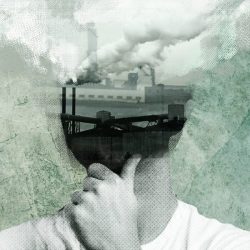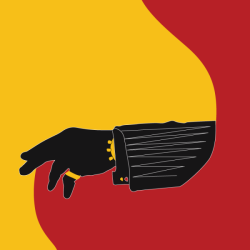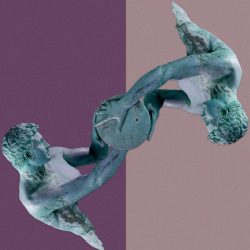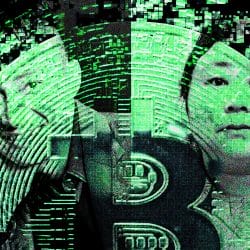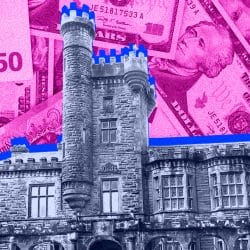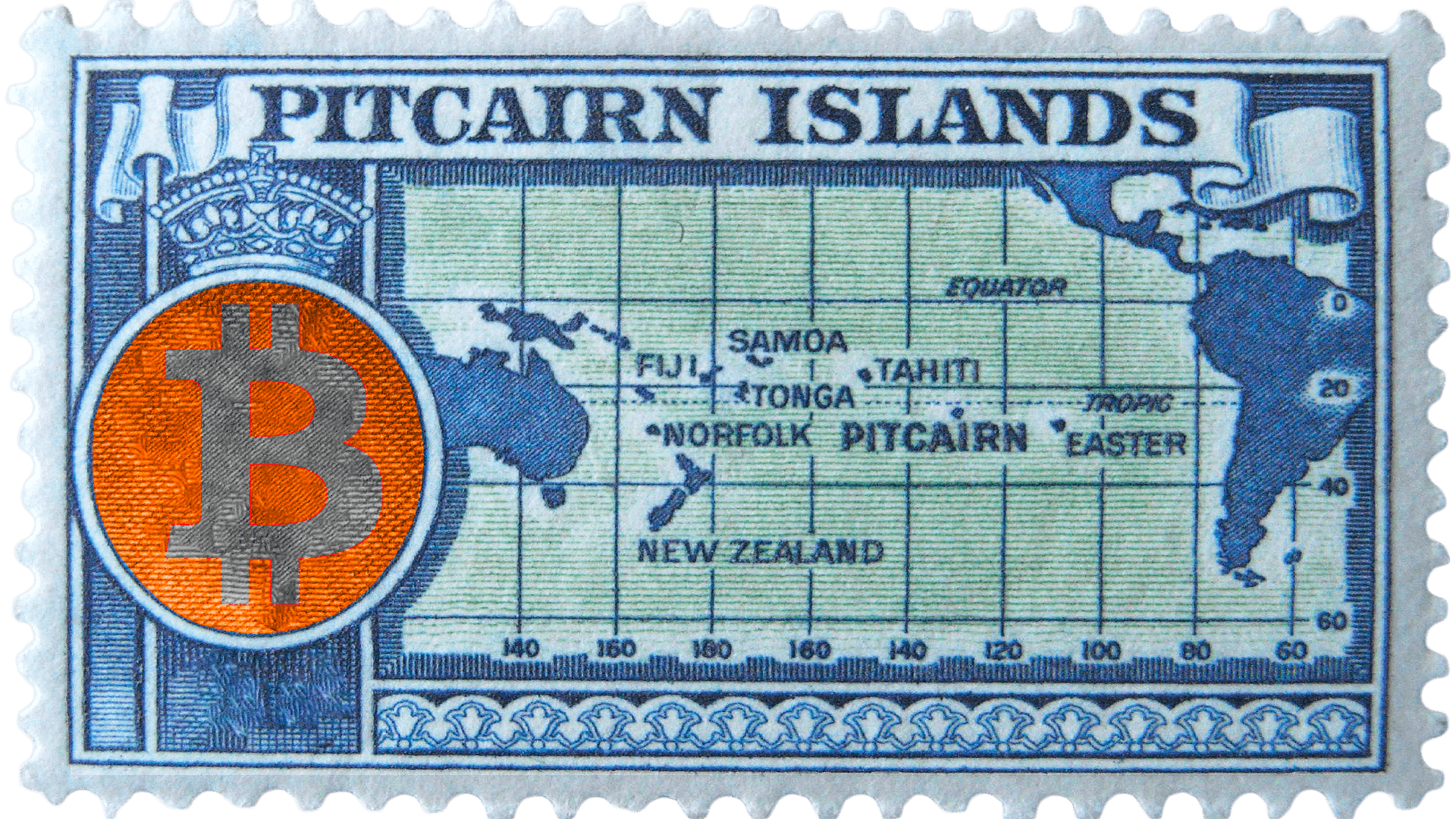
A record Bitcoin haul & crypto comes to the Pitcairn Islands
A couple of weeks ago I wrote about the U.K.’s seizure of 69,000 bitcoins (that’s worth around $7.7 billion) from a Chinese fraudster, and gave the impression it was a pretty big deal. But then, rather in the manner of Crocodile Dundee and knives, the United States revealed what it was packing.
“The Justice Department’s National Security Division [filed] a civil forfeiture complaint against approximately 127,271 Bitcoin, currently worth approximately $15 billion,” the DoJ announced last week. Now that really is a big deal (it’s not far off the total BP paid to settle charges over the Deepwater Horizon oil spill in the Gulf of Mexico). There can only ever be 21 million bitcoins in existence, so this seizure accounts for more than one in 200 of them.
Subscribe to our Coda Currents newsletter
Weekly insights from our global newsroom. Our flagship newsletter connects the dots between viral disinformation, systemic inequity, and the abuse of technology and power. We help you see how local crises are shaped by global forces.
The seizure was part of a case against Chen Zhi, a Cambodian businessman charged with being behind some of the most appalling forced-labour fraud compounds in Southeast Asia. Every aspect of the alleged scheme, from its targeting of vulnerable people in Western countries, to its reliance on trafficked labourers, is foul on its own but cumulatively, it’s beyond dreadful.
The money laundering techniques were complex and multi-jurisdictional, and the profits were spent on the usual expensive trash: “watches, yachts, private jets, vacation homes, high-end collectables, and rare artwork, including a Picasso painting purchased through an auction house in New York City”.
And of course there were shell companies in the British Virgin Islands and properties in London, because there are always shell companies in the British Virgin Islands and properties in London: a £12 million mansion near Primrose Hill; a £100 million office building in the City; plus various flats in the Centre Point building, and others in Nine Elms, a newly-built neighbourhood where many of the off-plan apartments went to cash purchasers from the Far East.
(Nine Elms is also, incidentally, home to the new U.S. embassy and a few years ago I did a talk for staffers interested in financial crime and one asked why, if there was so much money being laundered in London, none of it was visible. I drew his attention to the view from the window.)
The U.S. government earlier this year said it will place any bitcoin it seizes into a strategic reserve. I suppose a crypto reserve sort of makes as much sense as a gold reserve, at least until people lose interest in crypto and/or the power goes off. But there is a problem with the basic idea here: these bitcoins don’t belong to the United States. Assuming that the criminal complaints are proven, then this money is the fruit of crimes committed against millions of victims, and should be returned to them, whether in the form of bitcoin or whatever, not stashed away in Washington.
Some commentators have said cryptocurrencies help fight financial crime. In a blog, Elliptic, a blockchain analytics company, argued that “blockchain technology enables comprehensive visibility into financial flows, empowering all ecosystem participants to play a crucial role in identifying and reducing illicit funds.” But I don’t think that’s the message I take from this.
If the two biggest asset seizures of all time have come one after the other in the form of bitcoin, I think the important question to ask is “why do criminals have so much of their wealth in cryptocurrencies?” If crypto is helping baddies to hide their money more than it’s helping goodies to find it, then it’s more of a problem than it is a solution.
The Pitcairn crypto plan
Thanks to an Australian reader for tipping me off to an odd situation in the Pitcairn Islands, the only British Overseas Territory (BOT) in the Pacific, and the smallest territory in the world by population. Pitcairn has fewer than 50 inhabitants and is extraordinarily remote so unlike most BOTs – the Cayman Islands, the BVI, Gibraltar, Anguilla, etc – it has never developed an offshore financial services industry.
Anyway, it seems that in January 2020, Justin Sun – the Chinese-born billionaire head of the crypto giant TRON; prime minister of Liberland; first Kittitian in Space; former Grenadian ambassador extraordinary and plenipotentiary to the World Trade Organisation; eater of a $6.24 million banana; and early investor in Donald Trump’s crypto company – explored the possibility of turning Pitcairn into a crypto haven. According to the minutes of the meeting with the island’s council, three of Sun’s representatives were there on a friend-making mission: “TRON is looking to partner with a BOT to work together to craft regulations etc to help make crypto currency more mainstream.”
There was “a lot of community interest” among the locals for carving up this unexpected cash cow, but fate intervened in the form of a killjoy governor, who represents the U.K. in these parts. “TRON will not be permitted to establish bitcoin/crypto currency”.
According to one academic’s assessment of things, “a company with such a variable track record was never going to be afforded a foothold in the territory.” And, generally speaking, that should have been the end of the matter, leaving us with nothing more than a ghostly alternative timeline in which Pitcairn is a crypto hub (or, perhaps, a 21st century version of Nauru) and its few-dozen residents are multi-billionaires.
None of this has been confirmed by Tron, so I only have the Pitcairn administration’s documents to go on but it appears that the company did not in fact go away quietly. Instead, in order to “garner favour”, it began to provide solar panels to Pitcairn residents. An attempt by the governor to stop this collapsed, given that everyone really wanted them, and by July 2023, the council’s meeting minutes noted: “we all have solar units donated from TRON on our roofs”.
My Australian interlocutor informs me that Pitcairn residents are unsurprisingly now super-enthusiastic about Tron for having provided them with free electricity, though loath to publicise it. This year Tron advertised for a Project Director (Pitcairn Islands Development) to lead “a humanitarian infrastructure development project aimed at improving the medical and accommodation conditions of 35 indigenous fishermen residing on Pitcairn Island”, and is now looking for a “Legal Counsel (Pitcairn Islands Development)”.
Something’s happening here and I don’t know what it is, but if I worked for the British government I’d be trying to figure it out. Justin Sun’s stated philosophy is underpinned by the libertarian creed of “no forced obligations, no taxes, and no mandates”. It would be a challenging development if, now that he’s provided Pitcairn with free power, he managed to bring the islanders around to that point of view.
A version of this story was published in this week’s Oligarchy newsletter. Sign up here.


